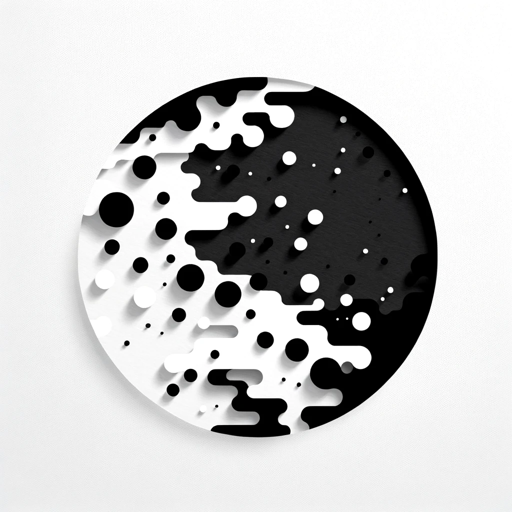- Small fish and bivalves like sardines, clams, and mussels offer a rich source of essential nutrients such as zinc, iron, vitamin B12, and omega-3 fatty acids. These nutrient-dense options can help address common deficiencies and provide heart-healthy benefits.
-
Eating lower on the seafood chain, such as consuming small fish and bivalves, can potentially reduce mercury exposure. Larger carnivorous fish tend to have higher levels of mercury, while smaller fish and bivalves generally carry lesser amounts. Opting for these options can be a safer choice in terms of mercury toxicity.
-
Choosing small fish and bivalves as part of your seafood diet is not only nutritionally advantageous but also environmentally friendly. Bivalves, in particular, contribute positively to the ecosystem by filtering water, capturing carbon, and minimizing pollution. Incorporating aquatic plant foods like seaweed and kelp further supports sustainability efforts.
Supplemental Information ℹ️
The article highlights the benefits of shifting to a seafood diet that includes small fish and bivalves such as sardines, clams, and mussels. These options offer an array of essential nutrients while potentially reducing mercury exposure. Additionally, choosing lower-level species on the seafood chain is more sustainable and environmentally beneficial. It is important to consider where and how seafood is produced, following guidelines for safe consumption.
ELI25 💁
Eating small fish like sardines and shellfish like clams can give you lots of good stuff your body needs. They have vitamins, minerals, and healthy fats that are good for your heart. These smaller fish and shellfish also have less mercury, which is a bad thing found in some bigger fish. By choosing them, you’re not only taking care of yourself but also helping the environment. They’re like little superheroes who clean up the water and keep it healthy. Just make sure to follow safe seafood guidelines. 🍃
